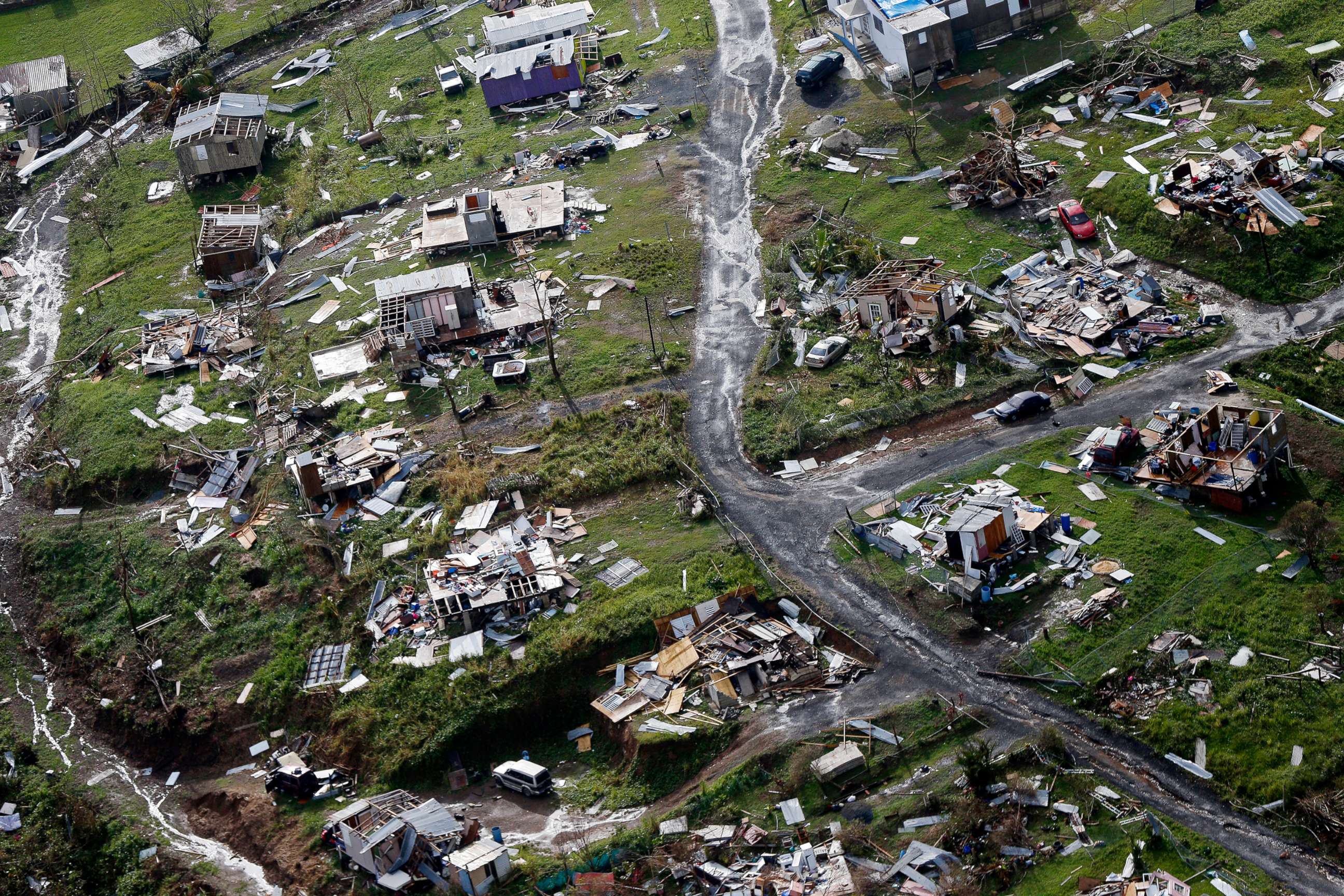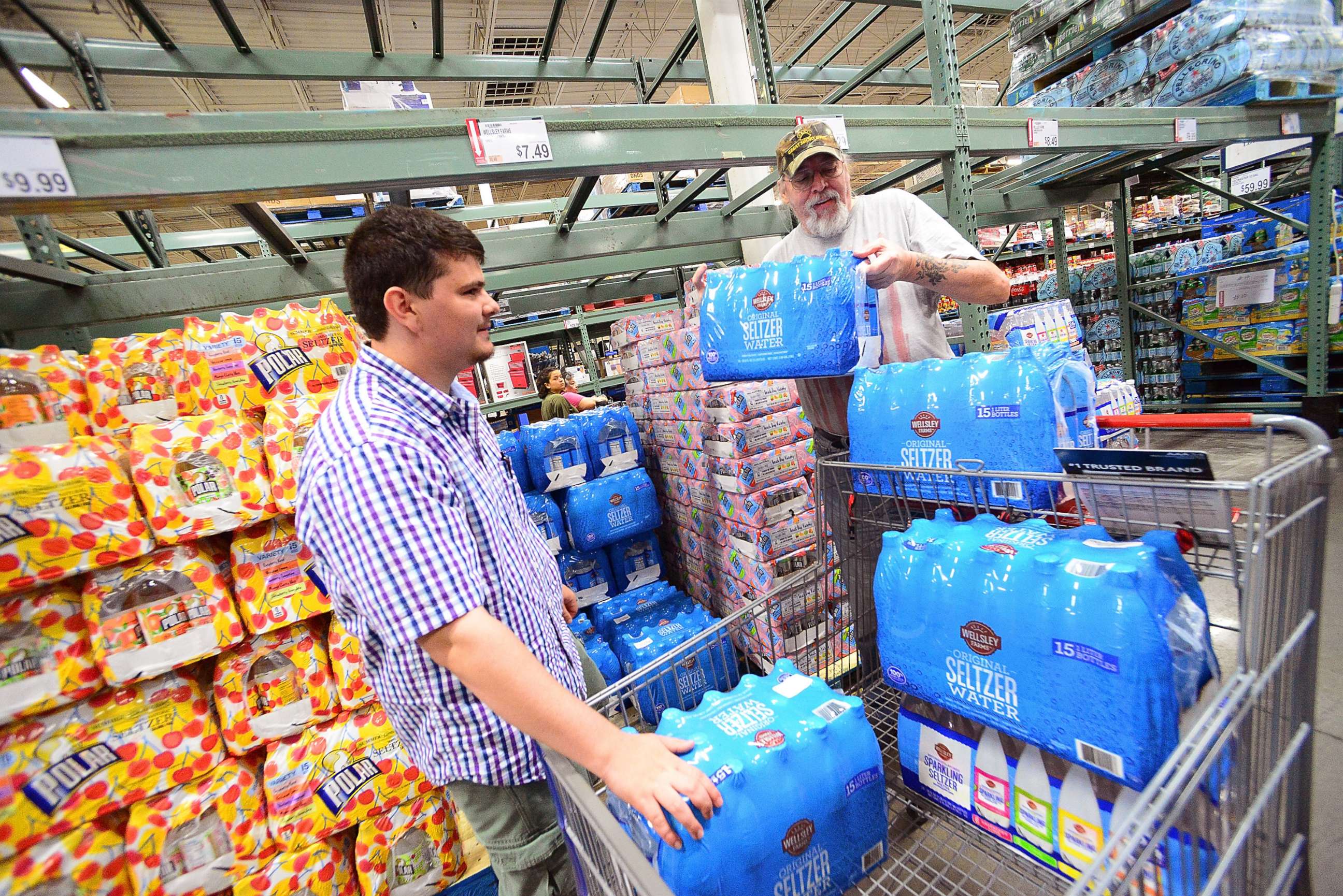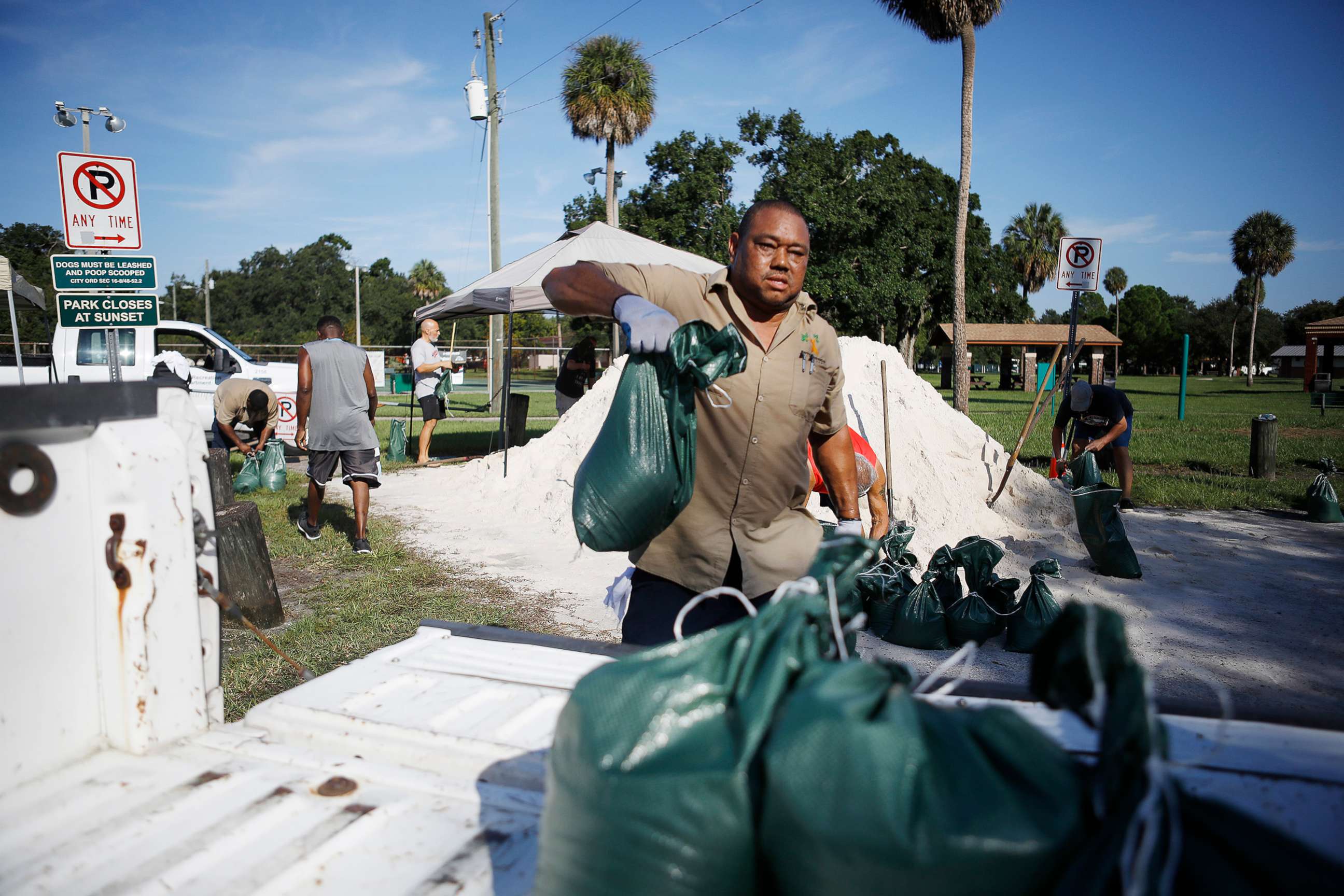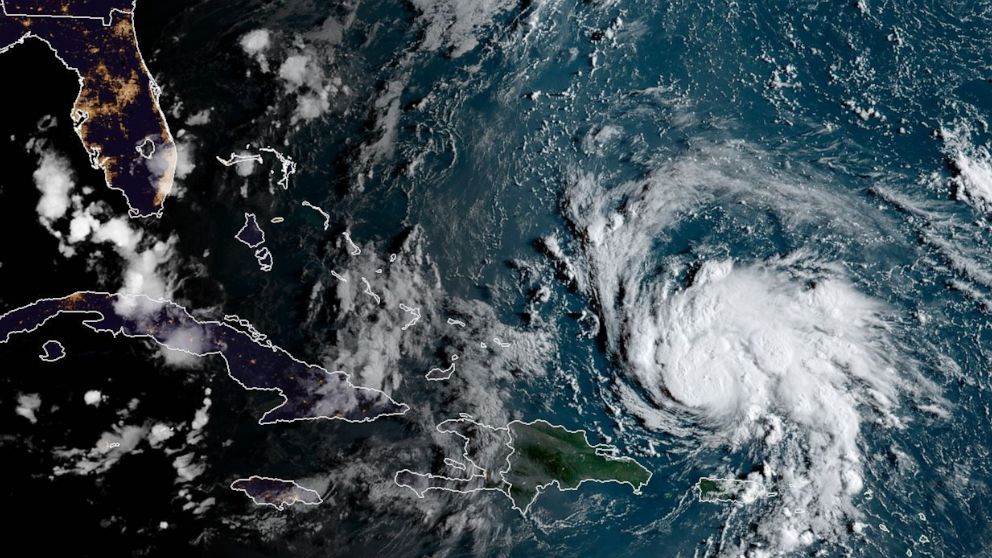What to do after a hurricane
Even after the winds and rains of a violent hurricane may have passed danger still exists. The Centers for Disease Control and Prevention offers the following safety advice for homeowners returning to their property after a major storm.
Returning home
Be informed. Find out if local authorities have declared your neighborhood safe. Officials may close certain roads due to flooding or suspected road damage. Be aware if there are specific routes you need to take and if authorities have established assembly points for residents in your area.
Plan accordingly. Try to return to your home during daylight hours so you won't need to use lights. Make sure all family members are accounted for. Alert others of your status and plans to return home.
Drive carefully. Watch out for road hazards like debris and sinkholes.
Do NOT drive through any water. Standing water may be hiding large sinkholes or may be deeper than it appears. Attempting to drive through — even in a sport utility truck — may stall your vehicle and put you in a more dangerous situation.
Be aware of fallen electrical power lines. Do not drive over them, or through water where power lines might have fallen.
If power lines fall on your vehicle while you're driving, continue to drive away from the danger. If your vehicle stalls, do not turn off the ignition and DO NOT get out of your vehicle. Wait for emergency rescue personnel and warn other bystanders away from your vehicle and potential danger.

Remain aware. Keep your radio tuned to local news and emergency broadcasts for updated information. If possible, keep a vehicle window slightly open so you can hear emergency sirens and other signals.
Once at your home and property
Use extreme caution. Approach your home with a critical eye.
Be wary of fallen power lines on or near your property. Alert the power company and local authorities of the electrical hazard.
Buildings and homes that look undamaged may suffer from hidden dangers of flood damage. Do NOT work in or around any building until it has been examined and certified safe by professional engineers or architects. Leave the area immediately if you sense the building shifting or hear unusual noises that may signal a possible collapse.

Do you smell gas? Floodwaters may have shifted supply lines or broken seals. If you smell gas or suspect a leak, turn off the main valve if possible, open the windows and leave the building immediately. Alert the gas company, as well as local police and fire departments.
Do NOT turn on any lights, smoke, light matches or do anything that could cause a spark. Do NOT return to your house until you are told it is safe to do so.
Avoid the shock of your life. If you see inside your home frayed wiring, sparks from wires or smell something burning but see no evidence of fire, you may have electrical damage. If possible, shut off the electric system at your home's main circuit breaker or fuse box.
Use portable, gas-powered electric generators outside on a dry and level surface. Never hook up a generator to your home's wiring. Never use a generator indoors where odorless carbon monoxide can accumulate.
Electrical equipment and appliances must be completely dry before use. Have a certified electrician check appliances if you are unsure of their safety condition.
Cleanup safely
Wear proper protective clothing. Heavy-duty work gloves, hard hats, watertight boots with steel shanks and insoles should be used during cleanup. Earplugs and goggles or face shields should be worn if you are using, or are near, powered equipment such as chain saws, dryers and other dangerous tools.
Be cautious of chemicals. Floodwaters and high winds may have shifted or unearthed chemical containers. Avoid inhaling chemical fumes. Propane gas tanks for barbecue grills blown onto your property could pose a risk of fire and explosion. Notify your local fire department immediately to handle such hazards.
Be on alert for animal dangers. Wild or stray domestic pets will be disoriented just like humans after a natural disaster. Do not attempt to corral or make contact with such animals. Call your local animal control office to deal with strays and disoriented pets.
If you are bitten by an animal, seek medical attention immediately.
Watch out for an increased presence of rats and other rodents, which may feed off spoiled food or animal carcasses. Contact animal control authorities for information on how to dispose of dead animals found on your property.

Don't wade into the water. Standing floodwater on your property may hide a host of dangers including live electrical lines and fecal matter from overflowed sewage lines. Do not let children play in any water or touch objects that may have been exposed to possibly contaminated water.
Other tips
Be prepared for fire hazards. Always have at least two fire extinguishers at the cleanup site since water supplies may be inoperable and local fire department response may be slow.
Beware of spoiled food. Check all food for mold and other signs of spoilage. If in doubt, throw it out.
For more information on food safety concerns following a hurricane, check the Food and Drug Administration's Web site: http://www.cfsan.fda.gov/~dms/fsdisas.html.
Is the water safe? Use only bottled water for eating and drinking until local authorities verify that the public tap water system is safe to use again.
You can purify water by boiling it vigorously — it should be bubbling and rolling for at least one minute. If you can't boil water, add six drops of ordinary, unscented household bleach per gallon of contaminated water and stir well. Let the water stand for 30 minutes before use. Bleach alone will not kill parasitic organisms or make the water potable.
Watch your back. Use teams of two or more people to remove debris and heavy objects that weigh more than 50 pounds.
Beware stress and strain. Limit your cleanup to manageable tasks. Avoid over-exertion and take frequent breaks. Also be aware of signs of emotional distress, common after any natural disaster. Seek support from friends, neighbors, religious and professional organizations.
More safety information and tips can be found at the CDC Web site here.




